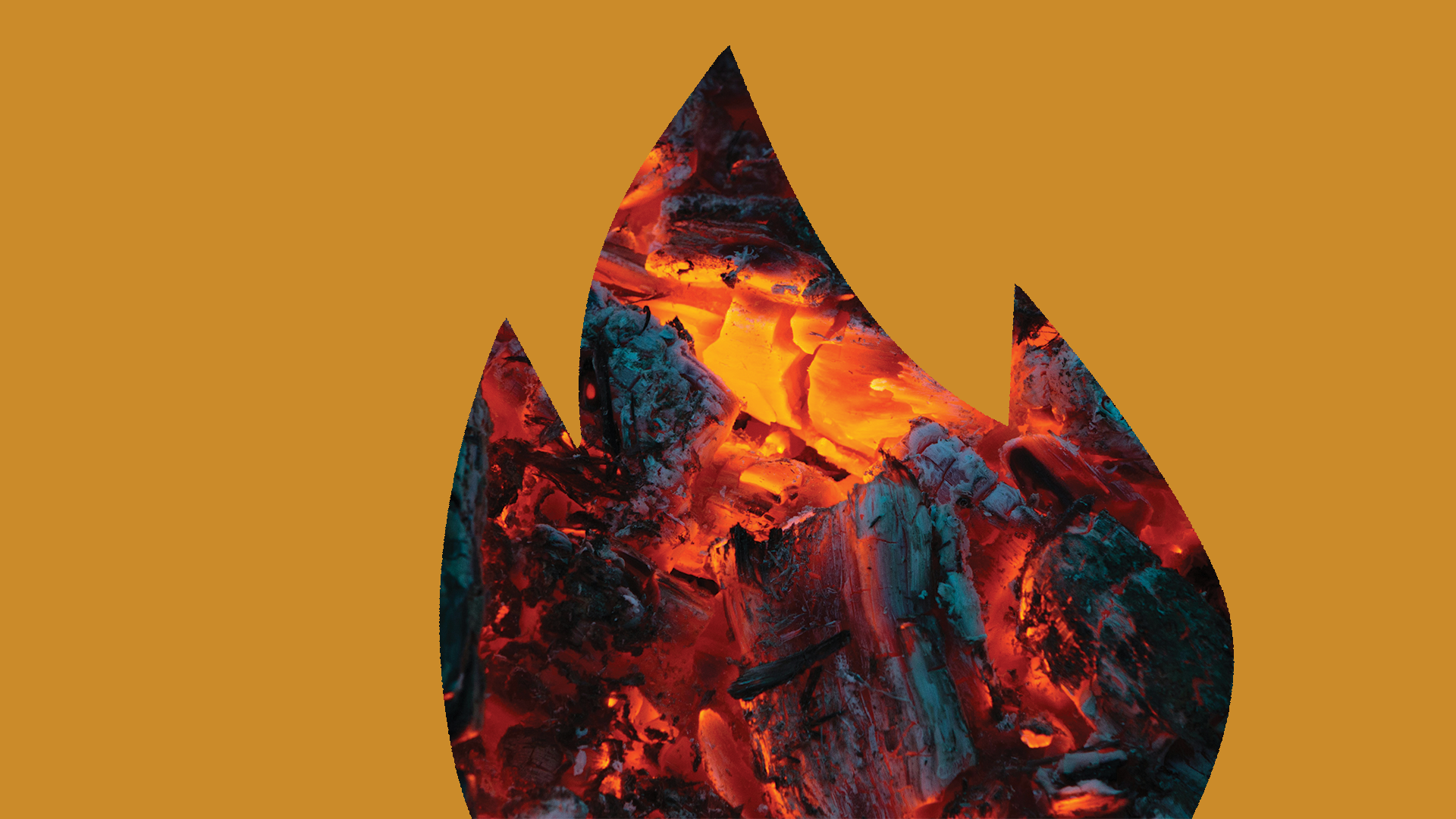Park Talk: Do we need fire byelaws?

Park Talk: Do we need fire byelaws?
By Grant Moir, Chief Executive, Cairngorms National Park Authority
With spring fast approaching – and with it, warmer drier weather (I hope) – it’s the perfect time for you to consider responding to the Park Authority’s consultation on whether fire management byelaws should be introduced across the Park.
The board of the Cairngorms National Park Authority agreed in November 2022 to carry out the consultation, which started on 8 February and lasts for 10 weeks.
Wildfire risk is increasing in Scotland and climate modelling shows a predicted increase in drought periods and we need to consider ways to reduce the risk to people, nature and property in the National Park.
The National Park is home to 25% of the UK’s rare and endangered species and around half of Scotland’s ancient pinewoods. It is home to 18,000 people and around 2 million people visit the area each year. A significant wildfire in the National Park could have devastating consequences for the area’s environment, communities and economy
We are setting out three potential options that respondents to the consultation are asked to consider. The first is to build on the current approach and increase education and awareness. The second is to the ban recreational fires at times of high fire risk with certain exemptions for private gardens, etc. The third option is a year round fire management byelaw to restrict recreational fires with certain exceptions for private gardens, etc.
The Park Authority is not putting forward a preferred option as part of this process. Instead, we are keen to gather evidence and opinions from a range of different perspectives to inform our long-term decision-making. We really want to know what you think.
This consultation is part of wider work in the National Park to prepare an Integrated Wildfire Management Plan. None of the options in the consultation will 100% take away the chance of ignition of a wildfire but we want to look at what the National Park Authority can do to reduce the risk as part of this wider work.
We hope as many of you as possible will take the opportunity to share your views. The views from the consultation will be taken to the Park Authority board in June for discussion and a decision on the next steps will be made at that point. It is worth emphasising that the earliest any byelaws could be introduced is 2025.
This consultation is a really important first step in the process. We need to consider – with your help – what is the best option to provide long term safeguards with a growing risk profile around wildfires.
Wildfire is something that could have a major impact on the National Park. The changing climate is increasing risk and we want to make the right decisions for the long-term. It is really important we get your views.
To take part in the consultation please go here.
Alert
Latest from the National Park
Pulling together in wake of wildfires
An update from Park Authority Convener Sandy Bremner and Chief Executive Grant Moir on collective efforts to tackle wildfires in the National Park going forward.
Making a difference downstream
Reducing the impacts of droughts and high temperatures.
The Moorland Indicators of Climate Change Initiative
Set up by National Parks UK to encourage secondary pupils to carry out peatland monitoring in their local national parks.
Relevant alerts
-
There is an extreme risk of wildfire impacting the National Park from Friday 11 July until Monday 14 July.
- Do not light any fire or barbeque
- Always ensure cigarettes are fully extinguished and take your litter (including glass) away with you
- Enjoy the outdoors responsibly - most wildfires are caused by human activity
- Stay alert - with dry vegetation and warm weather, fires can start easily, spread rapidly, and burn intensely
- If you see a wildfire, dial 999
For updates, visit the Scottish Fire and Rescue Service website.




